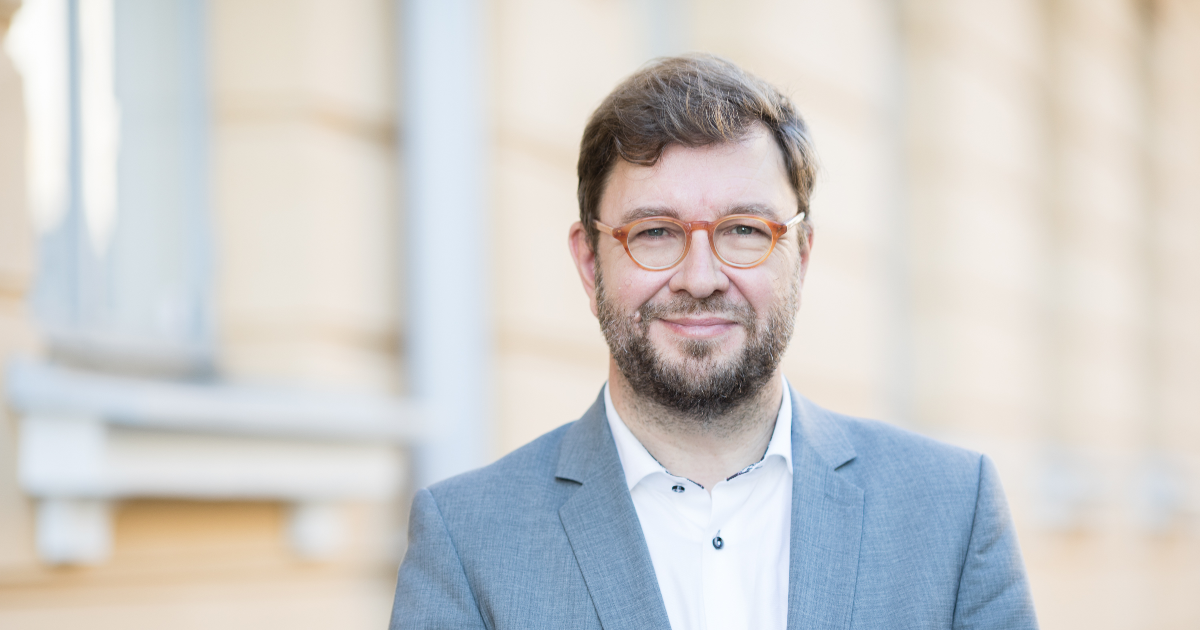Forum for fossil-free transport focused on the green transition in heavy transport

The Finnish Ministry of Transport and Communications organised a round table on the green transition in heavy transport on 30 May 2022, to hear the views of various interest groups on the needs of heavy-duty vehicles and heavy transport in general when transport is moving towards a fossil-free era. The discussion also focused on the current situation in the fuel markets, EU legislation related to fuels and vehicles as well as forms of support that promote the green transition in heavy transport.
In May 2021, the Government adopted a resolution on a roadmap to fossil-free transport, which lists actions to reduce the greenhouse gas emissions from road transport. The objective is to halve emissions from transport by 2030 compared to the level in 2005 and to achieve zero emissions by 2045. Road transport accounts for 95 per cent of emissions in domestic transport.
With regard to heavy-duty vehicles, the objective for 2030 is approximately 4,600 electric buses and lorries and approximately 6,200 gas-powered buses and lorries. Other goals include the construction of recharging infrastructure for heavy-duty vehicles and a significant improvement in the coverage of gas refuelling infrastructure. At the moment, the majority of kilometres in heavy transport is driven with diesel.
The national recharging network for heavy-duty vehicles is still undeveloped. Finland does not have public infrastructure for the recharging of heavy-duty vehicles. There are 11 liquefied natural gas or biogas distribution stations and nearly 70 compressed gas distribution stations.
Distribution obligation and new transport fuels promote the green transition
The EU's Regulation on the deployment of alternative fuels infrastructure (AFIR) contains binding targets for the construction of recharging infrastructure for heavy-duty vehicles, among other things. In May, the Ministry of Transport and Communications appointed a working group to coordinate distribution infrastructure for new alternative transport fuels.
The distribution obligation is currently the most important measure that promotes the use of renewable energy in heavy transport. Moreover, the green transition in heavy transport is promoted by supporting new transport fuels that offer alternatives to fossil fuels.
"In addition to electricity, we also need other fuels. For example, the national biogas programme aims at using the full biogas production potential. Especially the biofuel distribution obligation has reduced the greenhouse gas emissions of domestic transport efficiently," says Minister of Transport and Communications Timo Harakka.
In addition to the distribution obligation, emissions reduction measures include the improvement of vehicle energy efficiency and the reduction of kilometres driven. Thus far, the energy efficiency of passenger cars has developed more quickly than that of heavy-duty vehicles. Background factors include the EU's ambitious emissions limits for new passenger cars and vans.
In 2019, emissions limits were approved also for heavy-duty vehicles. They set targets for reducing emissions from lorries by 2025 and by 2030. The Commission is expected to give an updated proposal on the CO2 emissions standards for heavy-duty vehicles in late 2022.
Diverse forms of support available
The green transition is promoted with many different forms of support. For example, EUR 2 million is reserved for purchase support for electric vans in the 2022 budget. Support for converting cars to use gas or ethanol as fuel has been continued in 2022 and work to explore opportunities to expand conversions to vehicles other than passenger cars has started. In addition, many EU funding programmes provide support for the green transition.
Representatives from the following organisations were invited to the round table discussion: Association of Automobile Industry in Finland, Confederation of Finnish Industries (EK), Port of Helsinki Ltd, Finnish Climate Change Panel, Finnish Commerce Federation, Finnish Bus and Coach Association, Finnish Forest Industries, Service Sector Employers Palta, Posti Group Corporation, Central Organisation of Finnish Trade Unions (SAK), Finnish Transport and Logistics SKAL, Association of Logistics Companies, Suomen Yrittäjät entrepreneur organisation, Tampere University, Technology Industries of Finland, VTT Technical Research Centre of Finland, Ministry of Economic Affairs and Employment and Ministry of Finance.
What's next?
The implementation of the three-phase roadmap to fossil-free transport is under way. On 7 April, the Ministerial Working Group on Preparedness decided on the green transition package for 2022 and 2023. As part of the package, funding was allocated to measures included in the roadmap to fossil-free transport.Additional funding amounting to EUR 4 million will be reserved for purchase support for electric and gas-powered lorries (Ministry of Transport and Communications). Furthermore, additional funding of a total of EUR 21.5 million will be reserved for supporting the public distribution infrastructure for transport electricity and gas (Ministry of Economic Affairs and Employment).
France, the current holder of the EU Presidency, seeks a shared view among the Member States on the transport-related proposals of the Fit for 55 package in June. The AFIR Regulation will be discussed in the Transport Council meeting on 2 June and the emissions trading proposal in the Environment Council on 28 June. If a view shared by all Member States cannot be formed for a certain proposal, the process would probably continue under the leadership of the next holder of the EU Presidency, Czech Republic.
Inquiries:
Johanna Juselius, Special Adviser to the Minister of Transport and Communications, tel.+358 50 372 7062, [email protected]
Sabina Lindström, Director-General, tel. +358 40 527 6103, [email protected]
Päivi Antikainen, Director of Unit, tel. +358 50 382 7101, [email protected]
Press release, 12 April 2022: Funding for measures in the Road Map for Fossil-Free Transport
Press release, 17 November 2021: Forum for fossil-free transport focused on distribution infrastructure for electricity, gas and hydrogen
Press release, 6 May 2021: Government decided on means of reducing emissions from road transport – emissions to be halved by 2030
Gateway to Information on Government Projects: Roadmap to fossil-free transport (LVM050:00/2019) (in Finnish)
Institutional Repository for the Government Valto: Roadmap to fossil-free transport: Government resolution on reducing domestic transport’s greenhouse gas emissions. Publications of the Ministry of Transport and Communications.



